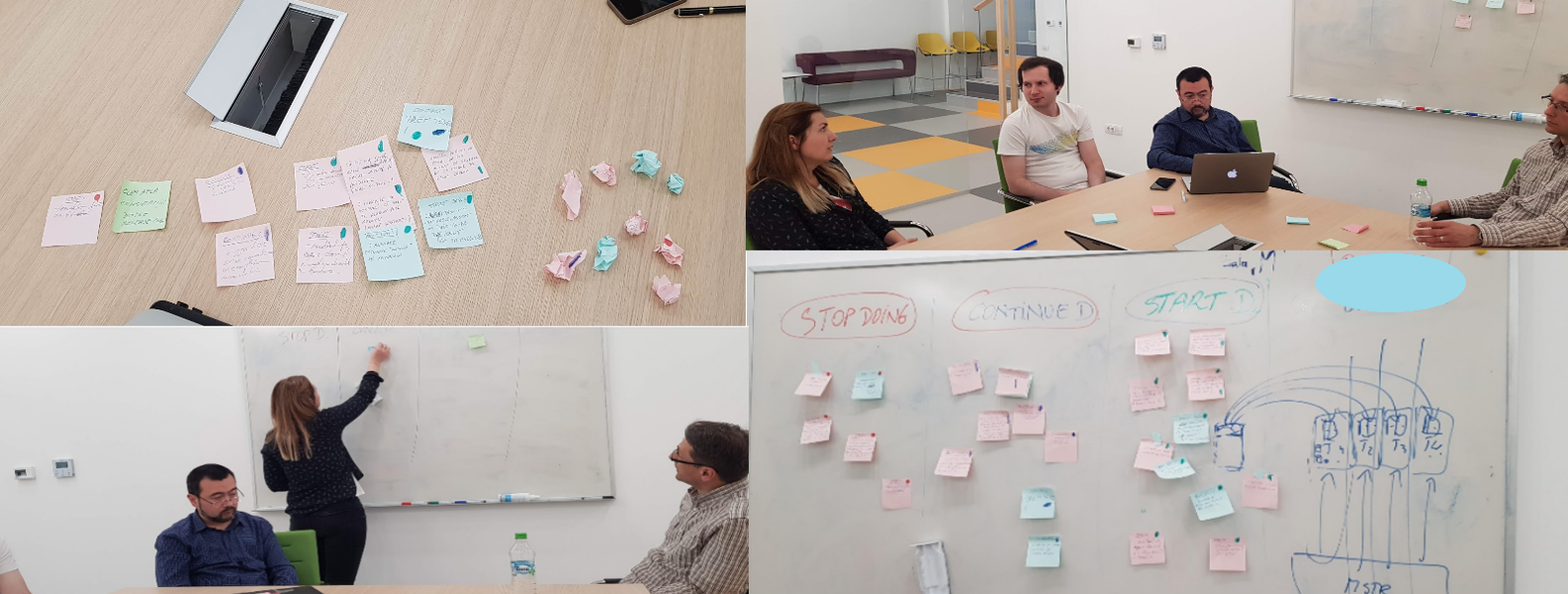
What is Project Closing? Most PMs ignore it, but it is perhaps the most underestimated moment of a project.
Imagine: your project went very well, you agreed to deliver in 6 months and instead you did it in 5, everything works and the customer is so happy that he has already decided to let you do another job.
Here, now you can wake up and open your eyes ...
Imagine: your project was a catastrophe, you had agreed to deliver in 6 months and instead it took 8, you are out of budget, marginality is almost negative, wherever you go there are people who do not greet you or look at you because he didn't have what he paid for and if they could they would lynch there in the corridor ...
So is it more familiar?
Well, the situation does not change. The project is finished, now comes the best opportunity to try to understand:
- what have we learnt from this project
- what has worked
- what hasn't work
- what could be done differently and how
- where have we lost our way, and why
- what could we do to recover the situation
- what information we've missed, and why
- what obstacles have we encountered, because we didn't consider them or because we weren't able to avoid them
- what opportunities we have not seized
- what risks we've managed well and which have not, and why
This work must be done within the team and, perhaps separately, also with the customer.
If you do it with sincerity and with a desire to improve, you will discover many beautiful things that will be very useful for subsequent projects and will also be very useful for your client.
A project can also fail miserably, but the lesson that must leave us is just as important as the assets it produces.
And if you are agile?
Now imagine doing this job every month (or at the end of each sprint). Welcome to the SCRUM retrospective.
SCRUM Retrospective is one of the most important moments in SCRUM because it is the place where the team analyzes their way of working and decides what needs to be done to improve. In this specific meeting the team (by its own because it is self-organized) defines a list of actions that it will implement during the subsequent sprints to increase its performance and ability to produce value for the customer.
This is perhaps the most important moment for the formation of a cohesive and functional team.
Guess what happens in the less evolved teams (companies)?
The retrospective is the first meeting that is canceled because "someone" is convinced that some more hours of work per month are more important than the growth of the team.
If this is your thinking, give yourself a reason: you have not understood anything about Agile!
Eliminating a moment like this is like taking the engine out of the car because it is lighter ...
"Agile isn't just about speed - it's about learning how to accelerate."
NOTE: images from our sprint retrospective at BitSoftware; step 1: analyze the list of items from the previous retrospective iteration, throw the ones accomplished; step2: add new items to the list; step 3: discuss them and add them to the board